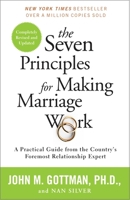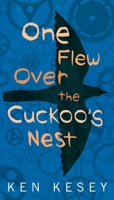The Tuscan Orphan
Select Format
Select Condition 
You Might Also Enjoy
Book Overview
1944 - When an air raid strikes the hospital she's been working in, Carrie's life irrevocably changes. But as a nurse in the middle of wartime, she has no time to grieve, as she has too many people relying on her.
For resistance fighter, Vito, nothing is more important than seeking vengeance for the atrocities his fellow comrades have suffered. But when he liberates a convent, finding a group of Jewish children in hiding, he suddenly has even more to fight for.
Little Mimi is injured, scared and alone. Together Carrie and Vito vow to find her parents, a loving home. But under the shadow of war, is it wise to make promises you're not sure you can keep?
Heartbreaking and immersive, this powerful story of the strength of the human spirit will delight fans of Kristin Hannah, Fiona Valpy and Rhys Bowen












































